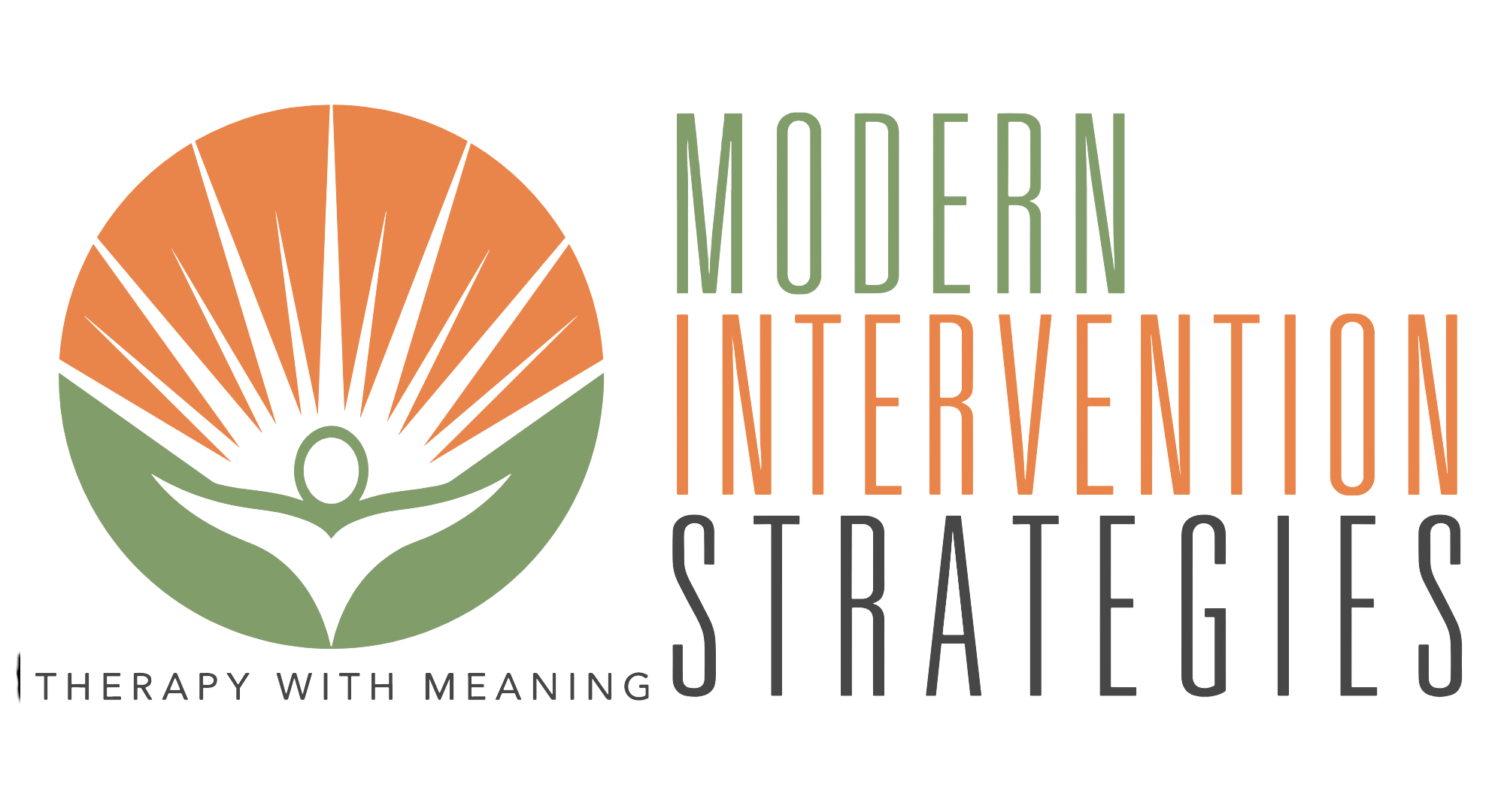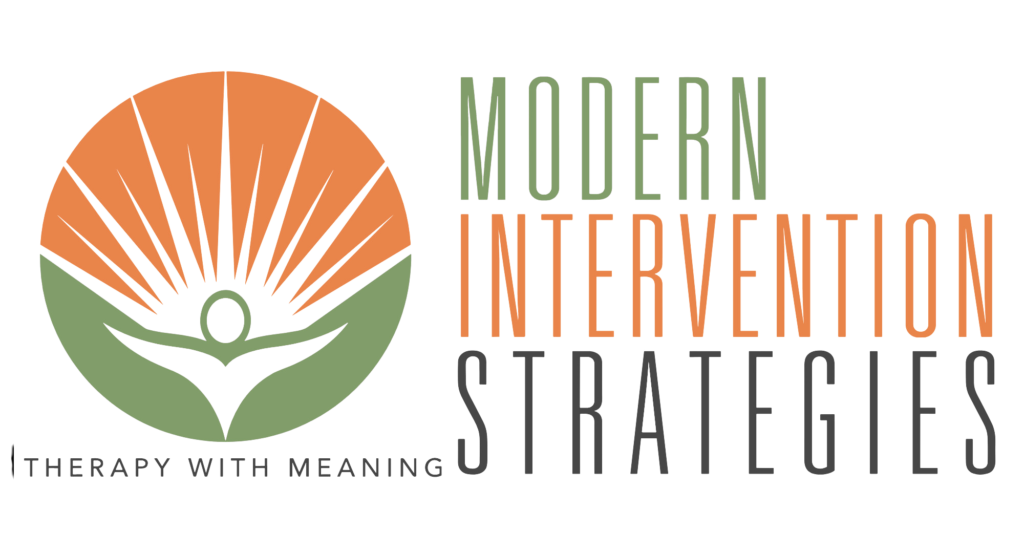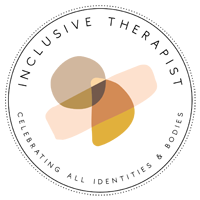In today’s fast-paced and demanding work environments, burnout has become a common struggle for many individuals. The relentless pressure and constant stress can affect our mental, emotional, and physical well-being.
However, the good news is that burnout recovery is possible without resorting to drastic measures like quitting your job. In this blog post, we will explore practical strategies to regain your work-life balance and overcome burnout while staying in your current position if you want to.
The concept of burnout and its impact on individuals

Burnout has become a pervasive issue affecting individuals across various industries. Burnout is a state of chronic physical and emotional exhaustion resulting from prolonged exposure to stress, particularly work-related stress.
It is characterized by overwhelming fatigue, a sense of detachment or cynicism towards work, and reduced professional efficacy. The impact of burnout goes beyond the workplace, affecting individuals’ overall well-being and quality of Life.
The Impact of Burnout: The diminished quality of Life.
Burnout takes a toll on the physical health of individuals. Persistent exhaustion, disrupted sleep patterns, and increased susceptibility to illnesses are expected consequences. It can also lead to physical symptoms such as headaches, muscle pain, and gastrointestinal issues.
Mental Health: Burnout significantly impacts mental health, contributing to developing or exacerbating conditions like anxiety and depression. The continuous stress and feeling overwhelmed can lead to irritability, decreased concentration, and a sense of emotional exhaustion.
Relationships: Burnout can strain personal relationships. When emotionally and physically drained, individuals may struggle to engage fully with their loved ones, leading to increased conflicts and a sense of isolation.
Work Performance: Burnout impairs job performance and productivity. Individuals experiencing burnout often find it challenging to stay focused, motivated and engaged in their work. The sense of detachment and reduced efficacy can hinder their ability to meet deadlines, deliver quality work, and collaborate effectively with colleagues.
Career Satisfaction: Burnout erodes career satisfaction and dampens professional growth. The loss of enthusiasm and the negative outlook towards work can hinder individuals from taking on new challenges, seeking career advancement opportunities, or experiencing a sense of fulfillment in their professional lives.
Overall Well-being: Burnout seeps into all aspects of Life, affecting individuals’ overall well-being. It diminishes their ability to enjoy leisure activities, engage in hobbies, and find a healthy balance between work and personal Life. The constant state of exhaustion and dissatisfaction can lead to a downward spiral, affecting multiple areas of Life.
The Importance of Work-life Balance

Achieving work-life balance has become more crucial in demanding work environments. It refers to finding an equilibrium between the time and energy dedicated to work and personal life, allowing individuals to prioritize their well-being and find fulfillment in multiple aspects of their lives.
While work is essential to our identity and financial stability, neglecting other areas can lead to burnout, negatively impacting our physical and mental health. In this blog post, we will explore the importance of work-life balance and how it contributes to our overall well-being.
The Struggle for Work-life Balance: Understanding the Challenges and Seeking Solutions
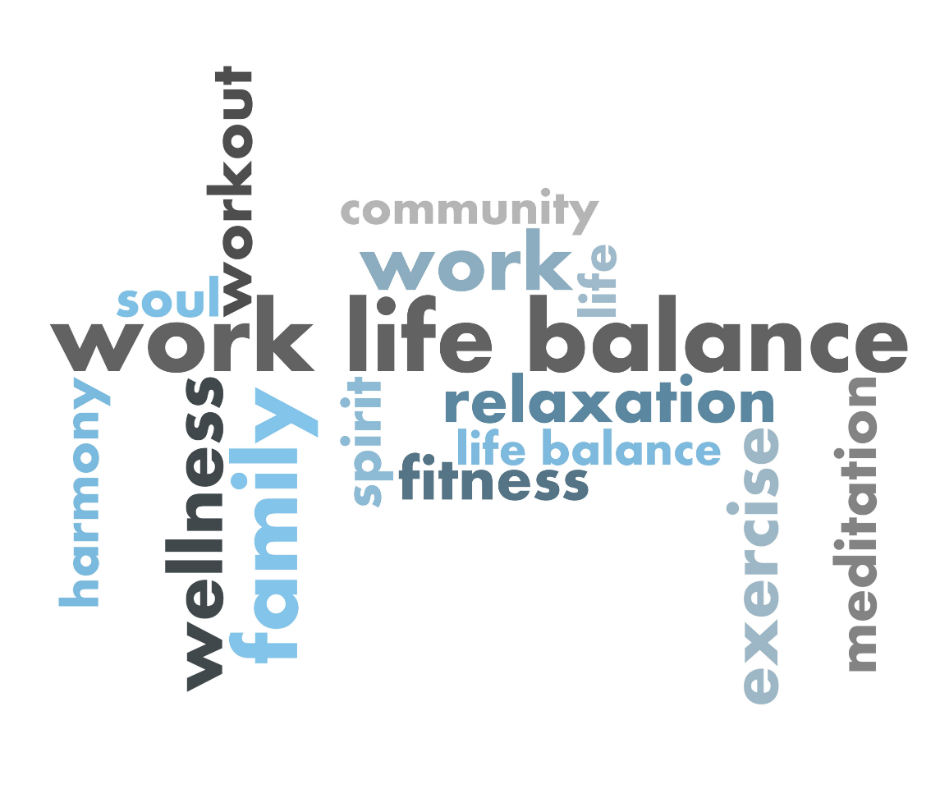
Work-life balance has become an elusive goal for many individuals in today’s fast-paced world. Juggling work demands, personal commitments, and self-care can be a constant challenge, leaving us feeling overwhelmed and disconnected. In this fluff-free blog post, we will explore why achieving work-life balance can be so tricky and explore practical solutions to help navigate this ongoing struggle.
The constant connectivity makes it challenging to disconnect from work, leading to a sense of being “always on.” such as Blurred Boundaries: Advancements in technology and the rise of remote work have blurred the boundaries between our professional and personal lives. This blurring of boundaries erodes the separation between work and personal time, making it harder to establish a healthy balance.
Increased Workloads: Many individuals find themselves facing ever-increasing workloads and high expectations. Employers often demand more productivity and longer hours, leaving little time for personal pursuits. The pressure to meet deadlines, take on additional responsibilities, and stay competitive in the workplace can tip the scales heavily toward work, leaving little room for personal Life.
Fear of Falling Behind: In today’s competitive environment, there is a fear of falling behind or missing out on opportunities. This fear drives individuals to continuously strive for success, often at the expense of their well-being and personal Life. The relentless pursuit of professional achievements can overshadow the importance of nurturing relationships, pursuing hobbies, and caring for oneself.
Cultural and Organizational Norms: Some work cultures and organizations place a premium on long hours and constant availability, creating a culture of overwork. Employees may feel pressure to conform to these norms, fearing that setting boundaries or prioritizing personal Life will be seen as a lack of commitment or dedication. These cultural and organizational expectations can make it challenging to establish a work-life balance without feeling guilty or judged.
Lack of Support Systems: With adequate support systems in place, achieving work-life balance becomes more manageable. Limited access to flexible work arrangements, inadequate childcare options, or lack of support from supervisors and colleagues can impede individuals’ ability to create a healthy balance between work and personal Life. The absence of supportive policies and resources further compounds the struggle.
Seeking Solutions:
Achieving work-life balance can feel like an elusive goal. However, creating a harmonious and fulfilling life with a proactive and intentional approach is possible. This fluff-free blog post will explore practical solutions and strategies to help individuals regain control over their work-life balance and foster well-being in all aspects of Life.
1. Prioritize Self-awareness: Take stock of your current situation and assess how your work-life balance impacts your overall well-being. Identify areas where adjustments can be made and where you may neglect self-care or personal relationships.
2. Set Boundaries: Establish clear boundaries between work and personal Life. Create dedicated time for self-care, hobbies, and spending quality time with loved ones. Communicate your availability to colleagues and supervisors, and learn to say “no” when necessary.
3. Seek Support: Reach out to family, friends, or colleagues who understand and support your desire for work-life balance. Share your struggles and seek their guidance or encouragement. Consider joining support groups or seeking professional help to navigate the challenges.
4. Practice Time Management: Efficiently manage your time by setting realistic goals, prioritizing tasks, and eliminating time-wasting activities. Delegate when possible and focus on activities that align with your values and goals.
5. Advocate for Change: If workplace norms or policies hinder work-life balance, advocate for change. Initiate conversations with management or HR to discuss the benefits of flexible work arrangements or procedures that promote work-life integration.
Benefits of work-life balance
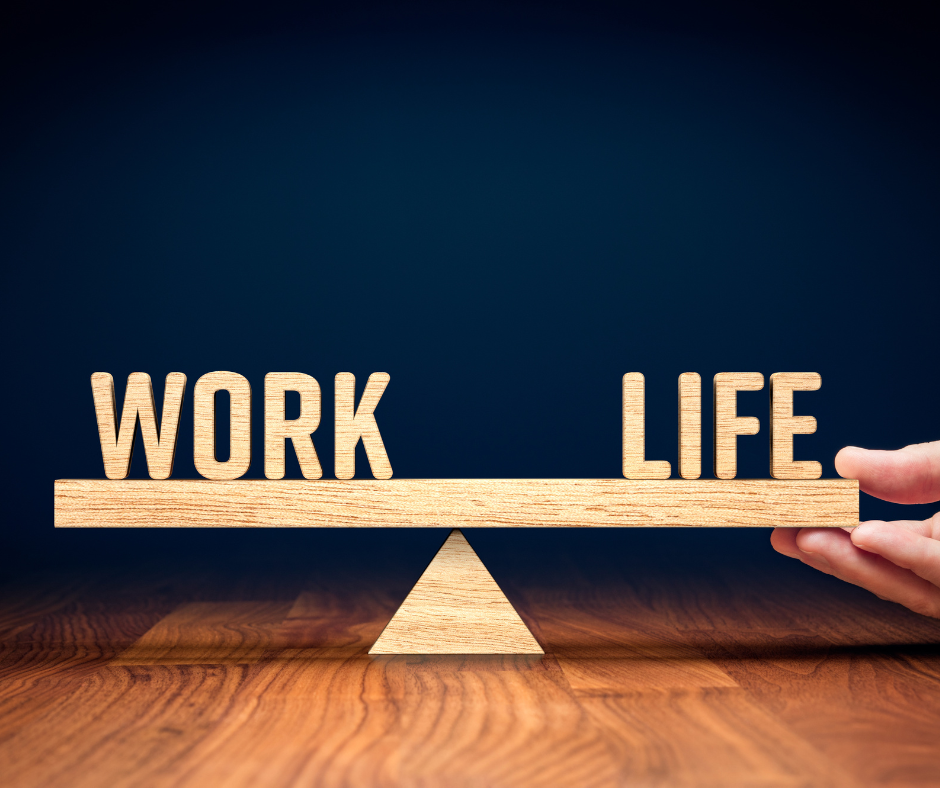
Work-life balance is more than just a buzzword; it is fundamental to leading a fulfilling and healthy life.
Some transformative benefits of work-life balance include:
1. Physical Health: Maintaining a healthy work-life balance is essential for our physical well-being. It allows us to prioritize self-care activities such as exercise, proper nutrition, and adequate sleep. By allocating time for these activities, we can enhance our energy levels, reduce the risk of burnout-related physical ailments, and improve overall vitality.
2. Mental Health: Work-life balance plays a significant role in promoting good mental health. It provides opportunities for relaxation, stress reduction, and mental rejuvenation. Taking breaks from work-related responsibilities allows us to engage in activities that bring joy, fulfillment, and a sense of purpose outside of our professional roles. This helps to alleviate stress, prevent burnout, and promote emotional well-being.
3. Enhanced Productivity: Striking a balance between work and personal Life can actually improve our productivity and performance. When we have time for leisure activities, hobbies, and quality time with loved ones, we return to work with renewed focus, creativity, and motivation. This enables us to approach tasks with a fresh perspective, make more informed decisions, and ultimately contribute more effectively in our professional roles.
4. Quality Relationships: A healthy work-life balance allows individuals to cultivate and nurture meaningful relationships. Spending quality time with family, friends, and loved ones fosters social connections, strengthens support networks, and improves overall happiness. Meaningful relationships outside of work provide a sense of belonging, emotional support, and perspective, positively impacting our well-being.
5. Personal Growth and Fulfillment: Engaging in activities outside of work helps individuals develop diverse skills, pursue personal interests, and experience personal growth. Whether pursuing hobbies, pursuing further education, or engaging in volunteer work, these endeavors contribute to a sense of fulfillment and well-rounded Life. Work-life balance enables us to explore our passions, develop new talents, and experience personal satisfaction beyond our professional achievements.
In conclusion, The struggle to achieve work-life balance is a common and multifaceted challenge. By understanding the reasons behind this struggle and implementing practical solutions, we can regain control over our lives, prioritize our well-being, and find harmony between our personal and professional spheres
Remember, work-life balance is an ongoing journey that requires self-awareness as a necessity for a fulfilling and healthy life. The benefits of achieving work-life balance are vast and impactful, ranging from improved physical health and mental well-being to increased productivity and strengthened relationships. By prioritizing self-care, setting boundaries, and seeking harmony between work and personal Life, we unlock the transformative power of work-life balance, paving the way for a more fulfilling and meaningful existence.
